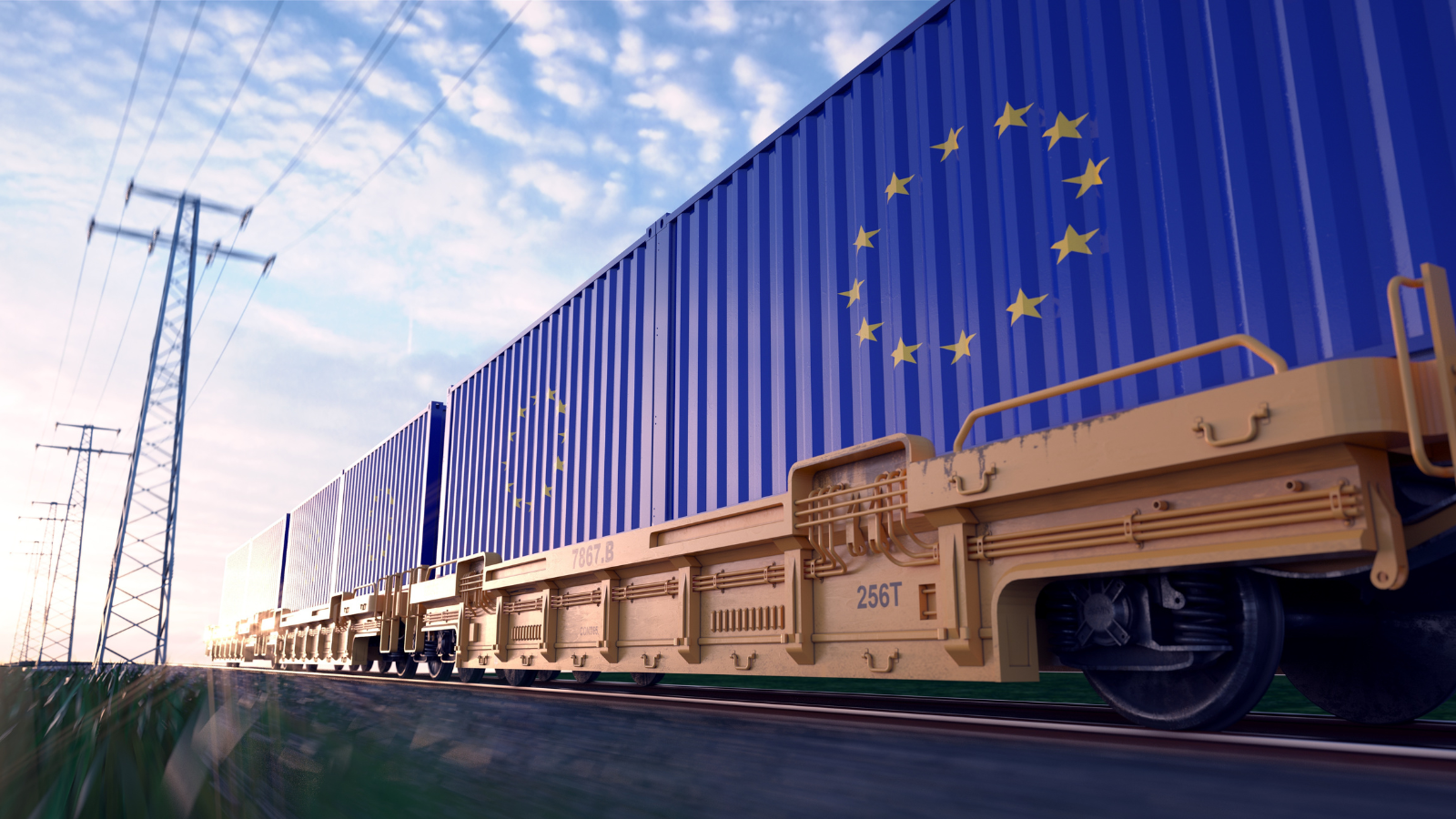As the Russia-Ukraine war drags into its third year, EU officials are increasingly concerned that the bloc is struggling to enforce its sanctions and export controls against Russia. This has often led to high-priority goods, including dual-use items with potential military applications, crossing the border from the Baltic states.
In a recent interview with Politico, Latvian Foreign Minister Baiba Braže expressed concerns about rampant Russian sanctions evasion. She stated that EU countries, especially the Baltic states that border Russia, are having a difficult time enforcing sanctions and export controls.
Latvia is also dealing with a shortage of staff and resources as it faces an influx of goods crossing its border with Russia, Politico reported.
“There’s a serious problem on how EU countries are actually implementing sanctions and exporting stuff both to Russia and to Belarus,” Braže told Politico following a trip to Latvia’s Latgale region, which borders Russia and Belarus.
Russia has continued to evade sanctions and export controls despite facing multiple rounds of regulations imposed by the EU, U.S. and other Western allies, following the invasion of Ukraine in early 2022.
EU authorities have also warned that European-manufactured products bound for Russia are taking a roundabout route through high-risk transhipment points like China, Türkiye, and the United Arab Emirates.
Credible concerns
Amid these worries, Kharon has identified numerous cases in which European companies, both directly and indirectly, sent critical goods, including dual-use items, to Russia. Some of these shipments involve logistics firms that are based in the Baltics and in high-risk transshipment points like the UAE. Notably, some of these exports occurred as recently as January 2024.
One of those cases includes a Dutch company that directly shipped dual-use technology items worth over $3 million to a Russian entity between March and June 2022. These items, which include printed circuits, ball bearings, transformers, and instruments using optical radiations, have been identified as high-priority goods by the EU and its international partners.
Trade records show that starting in August 2022 and onward, the Dutch company shipped these products to transport logistics firms, including one based in Latvia and another in the UAE. These logistics companies then shipped the same type of products directly to the same Russian entity.
These case studies are indicative of the challenges facing both regulators and companies in the private sector in enforcing export controls against Russia. They also highlight the critical role logistics companies play in helping export sensitive items into Russia, which Kharon has previously reported on.
Braže, the Latvian foreign minister, stated that “it’s a national responsibility [for all EU countries] to implement the sanctions and … to make sure that your exporters comply, [and] that your national authorities actually implement those sanctions properly.”
In a recent interview with Politico, Latvian Foreign Minister Baiba Braže expressed concerns about rampant Russian sanctions evasion. She stated that EU countries, especially the Baltic states that border Russia, are having a difficult time enforcing sanctions and export controls.
Latvia is also dealing with a shortage of staff and resources as it faces an influx of goods crossing its border with Russia, Politico reported.
“There’s a serious problem on how EU countries are actually implementing sanctions and exporting stuff both to Russia and to Belarus,” Braže told Politico following a trip to Latvia’s Latgale region, which borders Russia and Belarus.
Russia has continued to evade sanctions and export controls despite facing multiple rounds of regulations imposed by the EU, U.S. and other Western allies, following the invasion of Ukraine in early 2022.
EU authorities have also warned that European-manufactured products bound for Russia are taking a roundabout route through high-risk transhipment points like China, Türkiye, and the United Arab Emirates.
Credible concerns
Amid these worries, Kharon has identified numerous cases in which European companies, both directly and indirectly, sent critical goods, including dual-use items, to Russia. Some of these shipments involve logistics firms that are based in the Baltics and in high-risk transshipment points like the UAE. Notably, some of these exports occurred as recently as January 2024.
One of those cases includes a Dutch company that directly shipped dual-use technology items worth over $3 million to a Russian entity between March and June 2022. These items, which include printed circuits, ball bearings, transformers, and instruments using optical radiations, have been identified as high-priority goods by the EU and its international partners.
Trade records show that starting in August 2022 and onward, the Dutch company shipped these products to transport logistics firms, including one based in Latvia and another in the UAE. These logistics companies then shipped the same type of products directly to the same Russian entity.
These case studies are indicative of the challenges facing both regulators and companies in the private sector in enforcing export controls against Russia. They also highlight the critical role logistics companies play in helping export sensitive items into Russia, which Kharon has previously reported on.
Braže, the Latvian foreign minister, stated that “it’s a national responsibility [for all EU countries] to implement the sanctions and … to make sure that your exporters comply, [and] that your national authorities actually implement those sanctions properly.”







